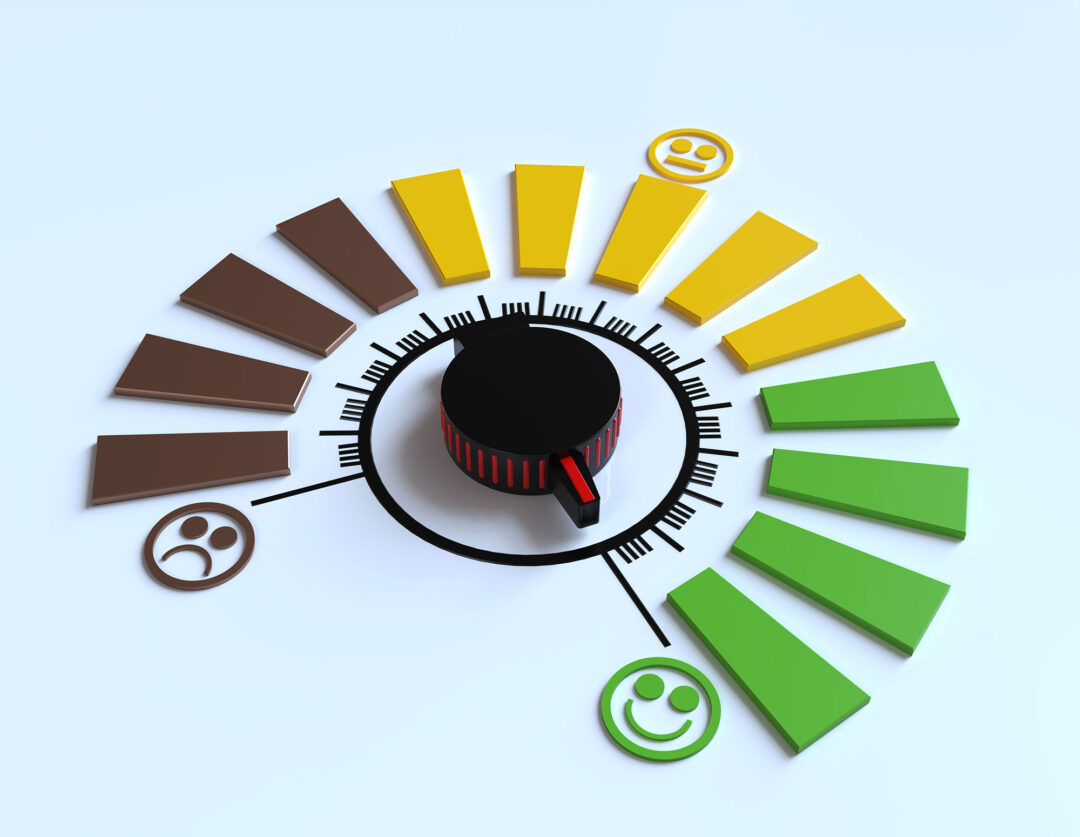Self-reflection is key for analyzing your life accurately. It sounds simple, but that doesn’t make it natural. Self-reflection is frequently compared to looking into a mirror: you are looking at yourself and observing how you respond to certain situations.
The inward self-examination helps determine what makes you truly happy, what triggers your anxiety, and how much power we have to change our lives.
Self-reflection involves looking at both the good and the bad. It can get uncomfortable. Yet, the goal is not to feel ashamed of what you see. Self-reflection is necessary to become your best self, and learning to acknowledge the “good” and “bad” parts of yourself as a human is an important first step toward better choices.
Self-Reflection Skills to Assess Your Behavior
Developing self-awareness isn’t formulaic. Your path won’t be linear or look like anyone else’s. Still, there are a few key skills that can help you assess your behavior:
Talk to yourself
It sounds silly but talking to yourself isn’t as quirky as you think it is. Hearing yourself talk out loud is a great way to navigate your way to personal realizations. Conversing with yourself lets you get your thoughts out of your head and into the world. When they aren’t cycling around your mind anymore, you’re more able to assess them objectively.
Breathing exercises
Breathing exercises are a coping mechanism backed by science. Deep inhalation and exhalation elevate oxygen levels in your blood, feeding it to the brain. It lowers your heart rate and helps you focus and calm down. These exercises can be simple or complex. Regardless, they help you find a calmer mental place and promote clarity.
Practice gratitude
Take time each day to think about why you’re grateful. Practicing gratitude is shown to improve negative self-talk and help manage depression and anxiety symptoms. Don’t overthink it, you can keep this exercise super simple. If you’d like to write items down, feel free. However, thinking about just three things you’re grateful for any time can effectively boost your mood.
Walk in nature
Walking in nature is a common practice in Japan to address low moods. The fresh air and gentle movement are great for your mental health. Leave your headphones at home and just enjoy the walk. Disconnecting is important for this activity because it helps focus your mind on, well, not focusing. Allowing yourself to wander mentally and physically can be extremely therapeutic.
Write and journal
This is another great way to get a handle on your thoughts and feelings. Put what’s in your head on paper. Writing in a journal is a great tool for looking back on your thoughts over time. This can also help you find and track patterns in your mood and habits. If journaling isn’t for you but your mind feels crowded, do a “brain dump.” Set a timer for 5-10 minutes and write down every single thing that pops into your mind.
Meditate
Meditation is the literal practice of acknowledging your thoughts and then letting them go. There’s no one right way to practice meditation. There’s no perfect way to do it. Just acknowledging what you’re thinking about and focusing on your breathing can create immense amounts of mental space. You can use these sessions in conjunction with journaling, writing, and breathing exercises to look for patterns in your thoughts and behaviors.
Talk to a therapist
If you’re still struggling or you’ve tried these and feel they don’t work for you, consider talking to a therapist. Certified therapists can help you find personalized ways to raise your self-awareness. Therapists train for years to understand how different human minds deal with different methods of coping. Reach out to Integrative Psychotherapy Group if you feel like you need to do a little more self-reflection but don’t know where to turn.


